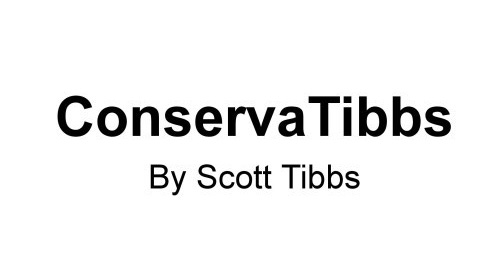Indiana University's new free speech policy
The courts have consistently ruled that reasonable "time, place and manner" regulations on speech are permissible under the First Amendment.
Indiana University unveiled its new "expressive activity" policy, and it is a perfectly reasonable policy that protects free speech while also protecting university property and the rights of others. You can see the policy here. The university affirms its commitment to speaking, protesting, inviting speakers, and publishing opinions.
Under this new policy, the university removed the "pro-Palestine" camp in Dunn Meadow, where protesters had been squatting since April. But one obvious question remains now that the "pro-Palestine" camp has been removed by the university: How much will it cost to clean up and re-landscape Dunn Meadow, and repair the damage done by pro-Hamas vandals? Indiana University must be 100% completely transparent about the cost.
As to the specific points of the policy:
Protests and demonstrations may not disrupt official business. People have the right to speak, but others have the right to attend classes and employees have the right to do their work without being impeded by the actions of others. The principle here is good, though the university will need to not over-apply it.
You cannot erect structures on campus without approval. Structures are not speech. This is important to preserve the natural environment, as both the Peace Camp in 2001 and the "Pro-Palestine" Camp in 2024 severely damaged the landscaping. Having a large semi-permanent encampment in Dunn Meadow also denies the use of the land to others, whether for political protests (such as Take Back the Night) or for academic and leisure activity. People can exercise their free speech until it takes away the free speech and free assembly of others.
The prohibition on camping is reasonable for the same reasons. University property is not a state park. The university also has an interest in preventing encampments from being taken over by the homeless, which is a significant problem and safety concern across the rest of the city. You can express yourself without squatting on university property and denying the use of that property to other students, staff or visitors.
Signs and symbols may be held, but not affixed to university property. This is reasonable to protect university property and the natural environment. Free speech does not include the right to appropriate someone else's property for your own use. The university restricted flyering years ago, and you can still see the physical scars on the campus bus stops where things had been stapled to them.
Chalking has been an important part of free expression for generations, but chalk is easily cleaned up by a hard rain. The new policy explicitly prohibits things like spray paint, which are intended to be permanent. The "Pro-Palestine" protesters pray-painted sidewalks and fencing, which will require clean-up and possibly repairs. How much this will cost remains to be seen. Again, your free speech does not include the "right" to damage the property of others.
The restriction of protests between 11 pm and 6 am is reasonable. There is no reason you need to be loud during that seven hour span. This is a time restriction that applies equally to everyone, and does not restrict content.
Note that none of the policies in the university's policy restrict the content of political speech. The courts have consistently ruled that reasonable "time, place and manner" regulations on speech are permissible under the First Amendment. This policy is a wise compromise that will not negatively impact anyone's free speech rights, but will protect the rights of everyone on campus and protect university property. Indiana University should be commended for implementing this policy, but a serious question remains: Why was this not done decades ago?
I posted photos the camp's aftermath on Facebook. You can see those photos here. I also posted video to YouTube. You can see the videos here and here and here.



